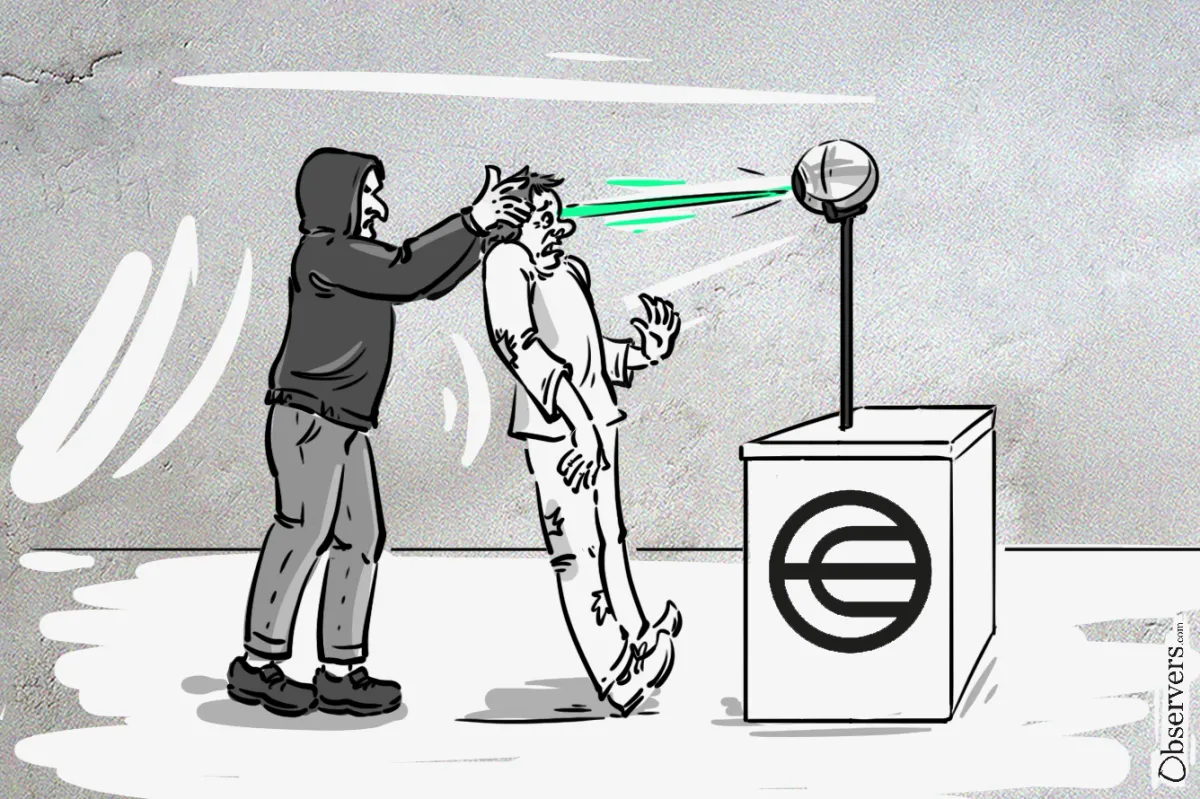
“Worldcoin is a potential privacy nightmare,” warned Jake Weiner, Counsel of the Electronic Privacy Information Center (EPIC), upon the project launch in July 2024.
Over the past year, the team has been working relentlessly to calm the sea of privacy concerns the project has raised.
It fixed vulnerabilities, updated its privacy policy, made deleting accounts easier, and, in an effort to guarantee that the iris would be kept safe from prying eyes, rolled out an upgrade that uses secure multi-party computation (SMPC). This upgrade allows “the iris codes to be individually encrypted into multiple different secret shares held by multiple parties.”
EPIC’s Counsel, however, was concerned with more than just privacy.
Weiner's statement continues: “Worldcoin’s approach creates serious privacy risks by bribing the poorest and most vulnerable people to turn over unchangeable biometrics like iris scans and facial recognition images in exchange for a small payout.”
While the company addressed its privacy shortcomings, Weiner’s second concern about the network—that it exploits poverty to grow adoption—has become a major issue.
It turns out that while few people know how to build Orbs or make blockchain protocols, exploiting the most vulnerable ones is quite a common skill.
Singapore's Migrant Workers
In July, an investigation by The Straits Times discovered that migrant workers in Singapore were being ‘hired’ to create a WorldID and give it away for about 50% of what they would receive if they had kept the tokens for themselves.
The following month, authorities of the island country warned workers against selling their WorldIDs, and in September, it was confirmed that seven people were being investigated for offering to buy and sell Worldcoin accounts.
The Deputy Prime Minister and Minister for Trade and Industry, Gan Kim Yong, has confirmed that the crypto protocol isn’t a payment service under Singaporean law, putting Worldcoin out of the woods on a technicality.
German Homeless And Refugees
Last week, DLNews reported that in Germany, the home country of Worldcoin Foundation CEO Alex Blania, staff on “Orb” sites suspected criminal groups were paying refugees for scanning their iris and creating an account.
The investigation talked with several people who worked near the sign-up locations and discovered that there had been altercations at the scene on several occasions.
The data protection authority of Bavaria (BayLDA) in Germany is expected to conclude an investigation into Worldcoin practices soon. The results will determine whether the identity network can operate in the European Union.
An Old Problem Without New Solutions
In Kenya, despite the government authorities seizing the iris-scanning devices in the week following Worldcoin’s global launch in 2023 (a decision that has since been reverted), informal currency exchanges still managed to secure very high profits in fees, and petty criminals succeeded in scamming one too many users eager to swap their tokens for fiat.
At the time, Kenya’s Capital Markets Authority (CMA) warned citizens of “potential fraudulent schemes that may emerge in the over-the-counter market of crypto tokens.”
Since then, the problem hasn’t been fixed or even addressed.
While there are rumors that the company is investigating the issue, there hasn’t been any official recognition of the problem or public discussion of possible solutions.

